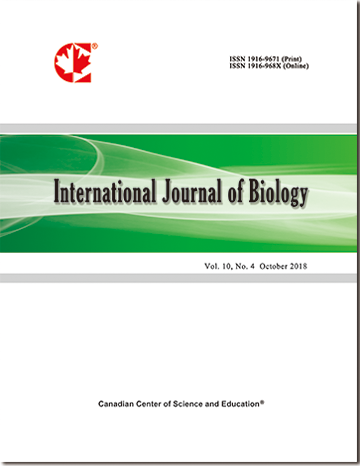Can Ants Apply What They Acquired Through Operant Conditioning?
- Marie-Claire Cammaerts
- Roger Cammaerts
Abstract
Can an act learned through conditioning be adequately presented in a subsequent different situation under which it may be useful to the individuals? We approached this question, working on ants, and staying at a level basic compared to the largely developed Applied Behavior Analysis (ABA) discipline. We simply conditioned the ants of both colonies A and B to a green hollow cube (= the conditioned stimulus CS1) associated with sugar water (= the unconditioned stimulus US1), and to basilica (= the conditioned stimulus CS2) associated with meat (= the unconditioned stimulus US2). We then deprived colony A of sugar water and colony B of meat. Thereafter, when confronted to the two conditioned stimuli at the same time, the ants of colony A chose CS 1 (previously associated with sugar water), and the ants of colony B chose the CS 2 (previously associated with meat). The ants chose thus the CS corresponding to the US of which they were deprived. They applied thus a behavior learned through conditioning in a subsequent situation under which this behavior may be useful. During our test experiment, the ants strongly responded to the adequate CS due to their high motivation resulting from starvation. Conditioning techniques might also be usefully used during humans’ treatment under the ABA discipline. Increasing the patients’ motivation during some conditioning performed for caring them may enhance the impact of that conditioning on the treatment efficiency.
 PDF
PDF
